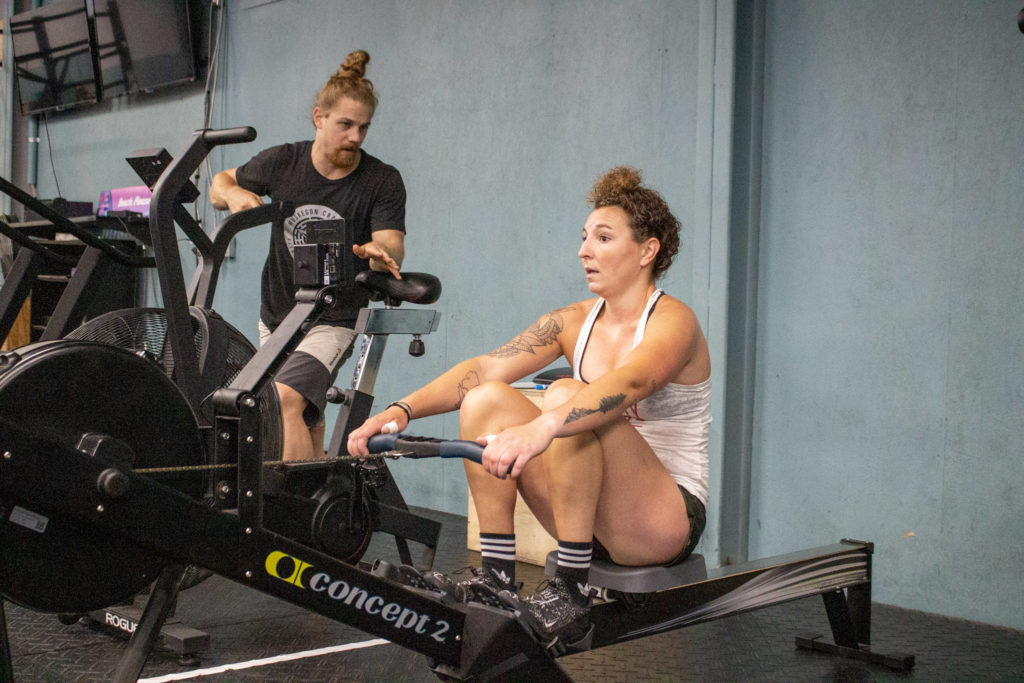By and large, if you follow good guidelines of eating vegetables, drinking water, and moderation with processed foods for your nutrition, you should be in good shape. However, if you really want to dial in your nutrition based on your specific exercise demands, let’s dive a little deeper.
All diets (ways of eating not fad diets or restrictive diets) require a balance of carbs, fats and proteins. When you are training you really do need carbs to fuel your body. Yes, carbs. They’re incredibly important not only in fueling your body but also in recovering.
However, when you are accurately training aerobically, fats become a much more important fuel source. We must emphasize the word accurately. This means knowing that the intensity level you are training at is burning mainly fats not mainly carbs.
Operating at a lower heart rate typically burns more fats versus carbs. There will be some crossover depending on your intensity levels, but the more you work aerobically, the more fats you will be burning.
Nutritionally, this means you should be eating fats! Fats fuel your body when you are working at a lower heart rate. They are a longer burning, sustainable fuel source. If you are eating more fats in your day, then you will be burning more fats in your day. But that doesn’t just mean you can keep your diet the same and just add more fats. Fats tend to be higher in calories, and therefore you will probably just be increasing your caloric intake if you go that route.
If you are serious about wanting to be more efficient at burning fats as a fuel source for both your daily life and during training, get with a nutritionist or registered dietician to determine the number of calories you should be eating based on your goals. Then determine what percentage of those calories should be in each of the macronutrient categories.
With aerobic training, your fat percentage should be a bit higher than if you were to train with a high-intensity focus. So there’s some food for thought.
As always we recommend seeking out the guidance of a professional Registered Dietician and certified nutritionists whom you trust and can take care of your specific needs safely and responsibly.


